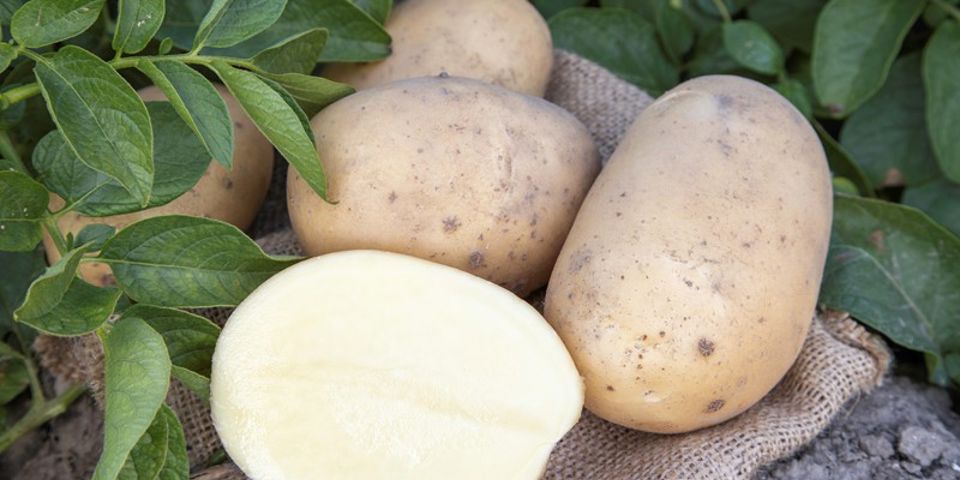Variety development:
The foundation for all our work
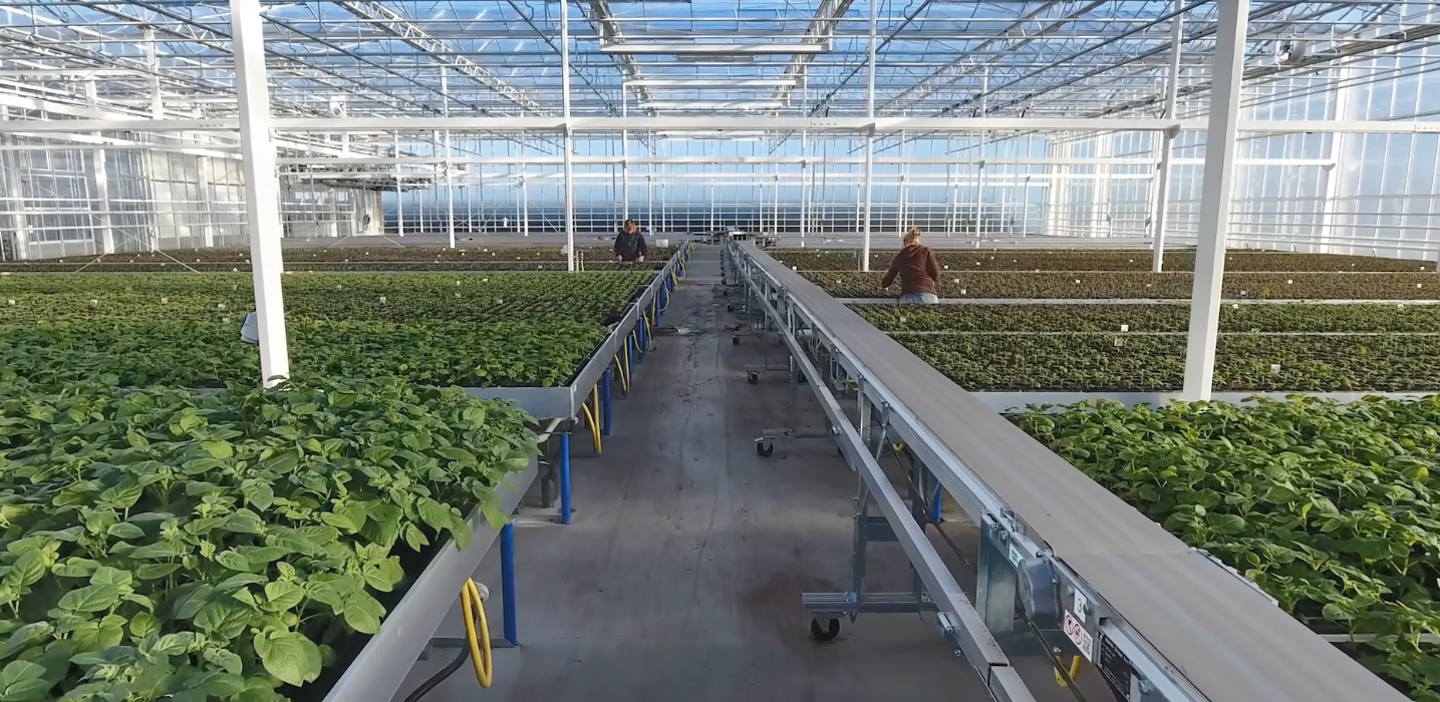
Careful selection
Developing new potato varieties is an intensive, long-term process. We are guided in this process by a clear idea of what the potato sector will require in the future, as well as our own expertise and innovative strength. Each year we start out with 200,000 unique seedlings. After nine years of testing, assessment and critical selection, this generates an average of three commercial varieties. Broadly speaking, there are three phases in the development of a new variety: crossing, sowing and selection.
Crossing
Creating a new potato variety starts with looking for the right ‘parents’. These are potato varieties with characteristics that we would like to combine. Once the right parents have been identified, the ‘father’s’ pollen is transferred to the ‘mother’s’ pistil. Following pollination, the potato plant develops berries that contain seeds with the combined characteristics of both parents.
Sowing
Because the biological processes taking place during pollination cause all of the genetic traits to be blended together, each of the resulting seeds can be viewed as a unique individual. These seeds and the plants obtained from them are therefore unique in terms of composition and traits. Following sowing, the seedlings are planted out and after three months of growth and development, they form one or two tubers. Together with our affiliated growers and nursery companies, we start out with 200,000 of these unique seedlings every year.
Selection
The tubers grown in the greenhouse are then planted in the ground outdoors and grow into potato plants. These are harvested and carefully assessed, with the potatoes from approximately 15% of the uprooted plants being stored. Over the next eight years, these potential new varieties are planted out, evaluated and selected on the basis of various characteristics:
During the final three years of the development process, a variety committee made up of representatives from Agrico and various growers decides whether to continue testing and possibly register a seedling as a new variety. These new varieties are then subjected to the two-year process of registration and investigation of their utility value.
Long process
During the final stages of the growing process, Agrico Research establishes in vitro stocks of all the potential varieties, in accordance with the regulations imposed by the NAK (General Inspection Service for Agricultural Seed and Seed Potatoes). These tissue culture plants are the basis for an initial production of several thousand mini-tubers. This ensures that Agrico already has a limited quantity of healthy seed potatoes during the commercial launch of a new variety.
After nine years of testing, assessment and selection, an average of three new commercial varieties comes out of the original 200,000 unique seedlings.
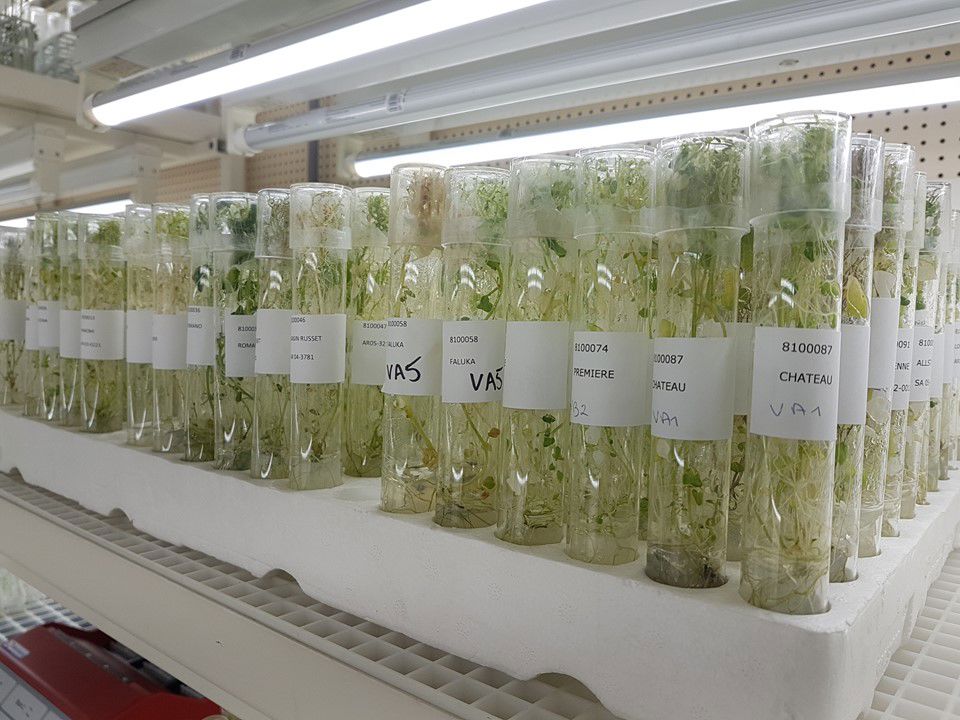
Discover more
While the agricultural sector is committed to reducing the impact of crop protection products on the environment and living conditions, this does pose challenges for potato cultivation. Potato cultivation is becoming increasingly complex thanks to increasing viral load and restrictions in the use of crop protection agents, such as the ban on the defoliating herbicide Reglone and the sprout inhibitor Chloro IPC. Breeding new potato varieties for greater virus resistance is therefore becoming increasingly important.
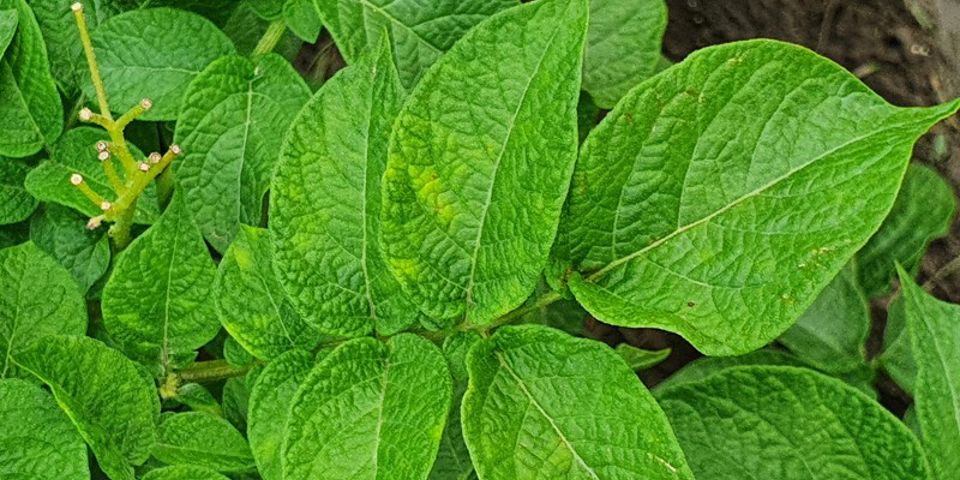
The agricultural sector is constantly changing, and the pace of change and innovation is also high in the potato sector. Stricter legislation in the field of plant protection plays an important role in this respect. Starting from the 2020 harvest, the widely used plant protection product Chloro IPC may no longer be used for the long term preservation of potatoes. This will have an effect on the market for products such as fries.
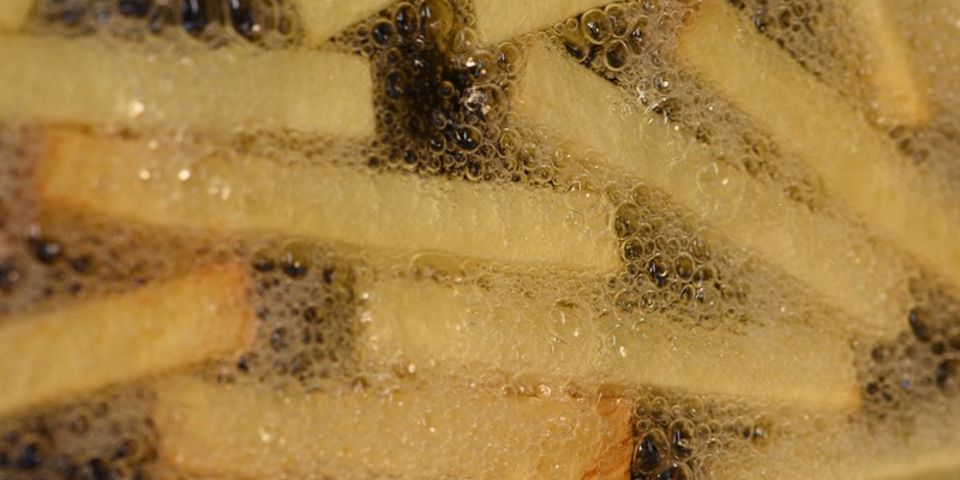
There is a lot of discussion in the potato world about the development of potatoes from seed; in other words, the cultivation of hybrid potato varieties. True potato seed (TPS) is also a much-discussed topic. This term refers to botanical seed and not to seed potatoes. There are two different variants of TPS varieties: HIP hybrids and SIP hybrids. HIP stands for Highly Inbred Parent lines and SIP stands for Slightly Inbred Parent lines. In other words, these are hybrid potatoes from parents that are strongly inbred (HIP) or somewhat inbred (SIP).
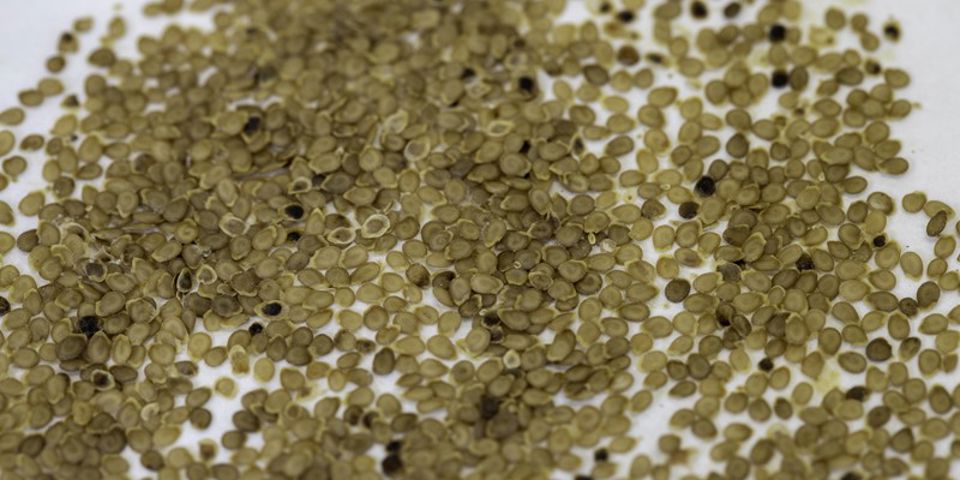
Agrico invests a great deal into research and development every year. We believe that transparency for our members is extremely important, but we also bear the interests of our growers in mind, and this sometimes requires confidentiality. This results in an ongoing dilemma.
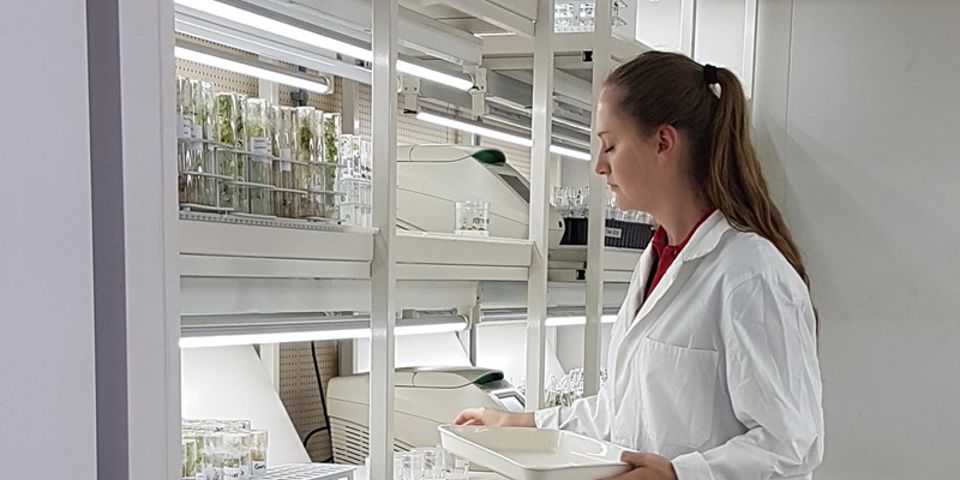
Late blight is the leading cause of potato disease and is a much discussed topic in the potato world. Agrico has brought a number of late blight-resistant varieties onto the market in various market segments under the name "Next Generation".
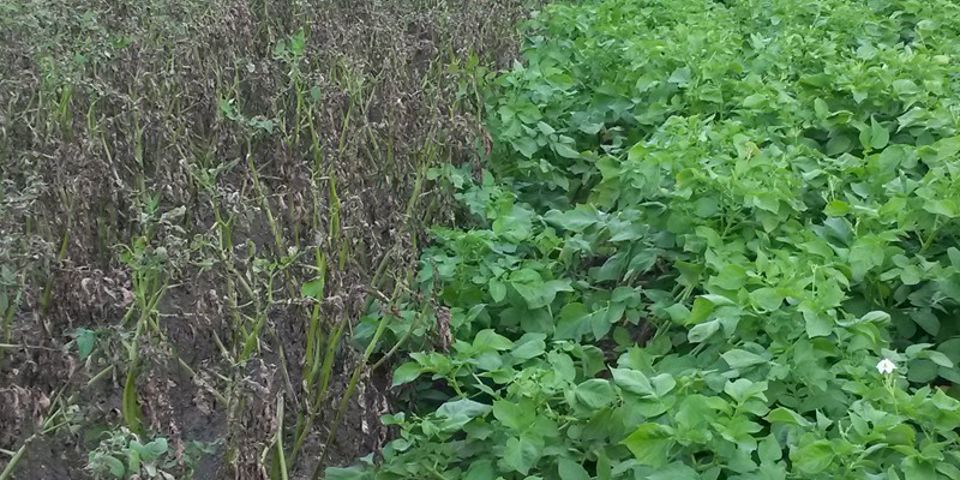
In 2019 the table potato variety Arizona set a milestone by becoming the first Agrico Research variety to be grown in the Netherlands on more than 1,000 hectares for the propagation of seed potatoes. This was a special achievement for this variety, which originated in the year 1997.
